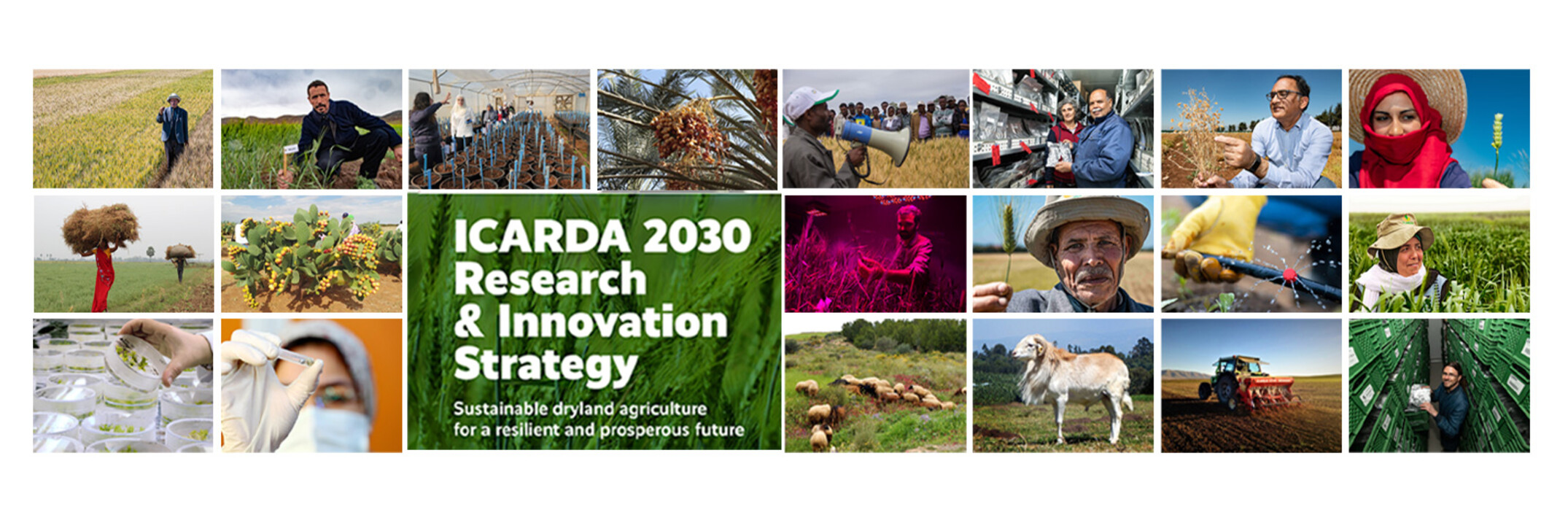


ICARDA’s 2030 Research and Innovation Strategy centers around climate change science, equipping us to tackle the complex and constantly evolving agricultural challenges facing farmers and countries across the region. We also harness technology breakthroughs like genome editing, artificial intelligence, and carbon capture to maintain our position at the forefront of dryland agricultural research.


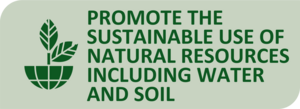
We provide innovative, science-based solutions for communities in the non-tropical dry areas of the developing world. We research and test our science in countries across Central and West Asia, North Africa (CWANA), and the Middle East. We work with a wide network of national agricultural research systems (NARS) and advanced research institutions to share knowledge while building their capacity to carry out their research and development agendas.
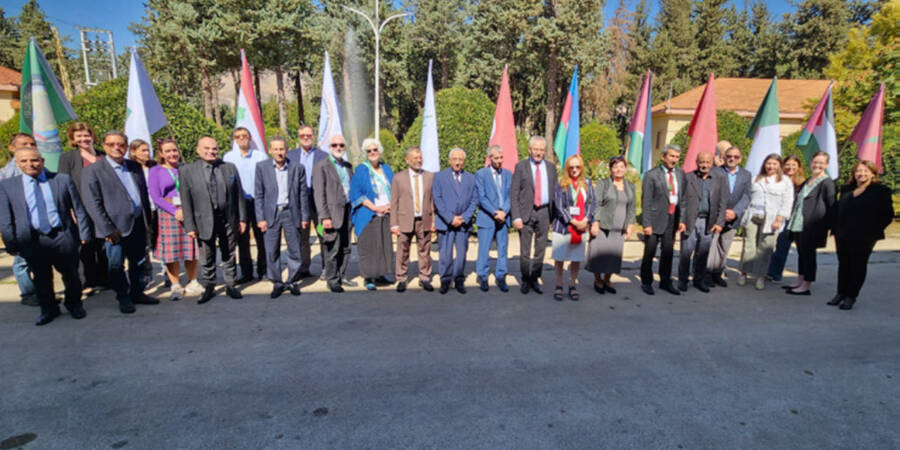

In 2023, through an exhaustive consultation process, ICARDA actively engaged diverse expert stakeholders, including country partners, research institutions, the public and private sectors, policymakers, and representatives of dryland communities, to update its strategy. We also convened leaders from National Agricultural Research Institutions (NARS) alongside the ICARDA Board of Trustees. We met with agricultural ministers from over half of the CWANA countries where ICARDA operates. Additionally, ICARDA carried out a comprehensive foresight study of future global dryland scenarios, ensuring its approach is precisely targeted to priority issues.
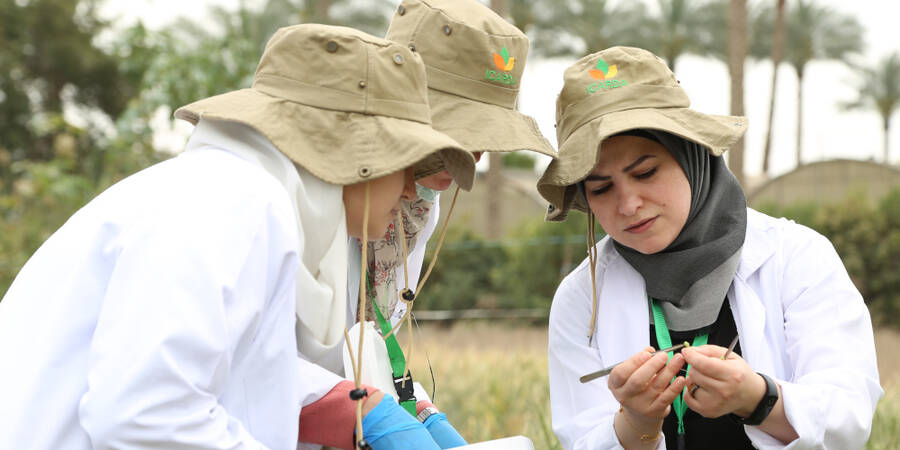

ICARDA's 2030 Research and Innovation Strategy updates its 2016 approach to address the pressing needs of smallholder dryland farmers. The updated Strategic Research Priorities (SRPs) focus on conserving and utilizing plant genetic diversity, developing climate-smart crops, and enhancing agrosilvopastoral systems. Innovations include advanced crop breeding technologies, integration of prickly pear cactus, nitrogen-fixing legumes, agrivoltaics for solar energy in agriculture, and methane reduction in agrosilvopastoral systems.
Driven by climate change science, transformative technologies like AI and genome editing aim to enhance efficiency and impact. Meanwhile, capacity development activities for women and marginalized groups provide tools and market knowledge while agri-training and partnerships with academic institutions nurture future agri-scientists.
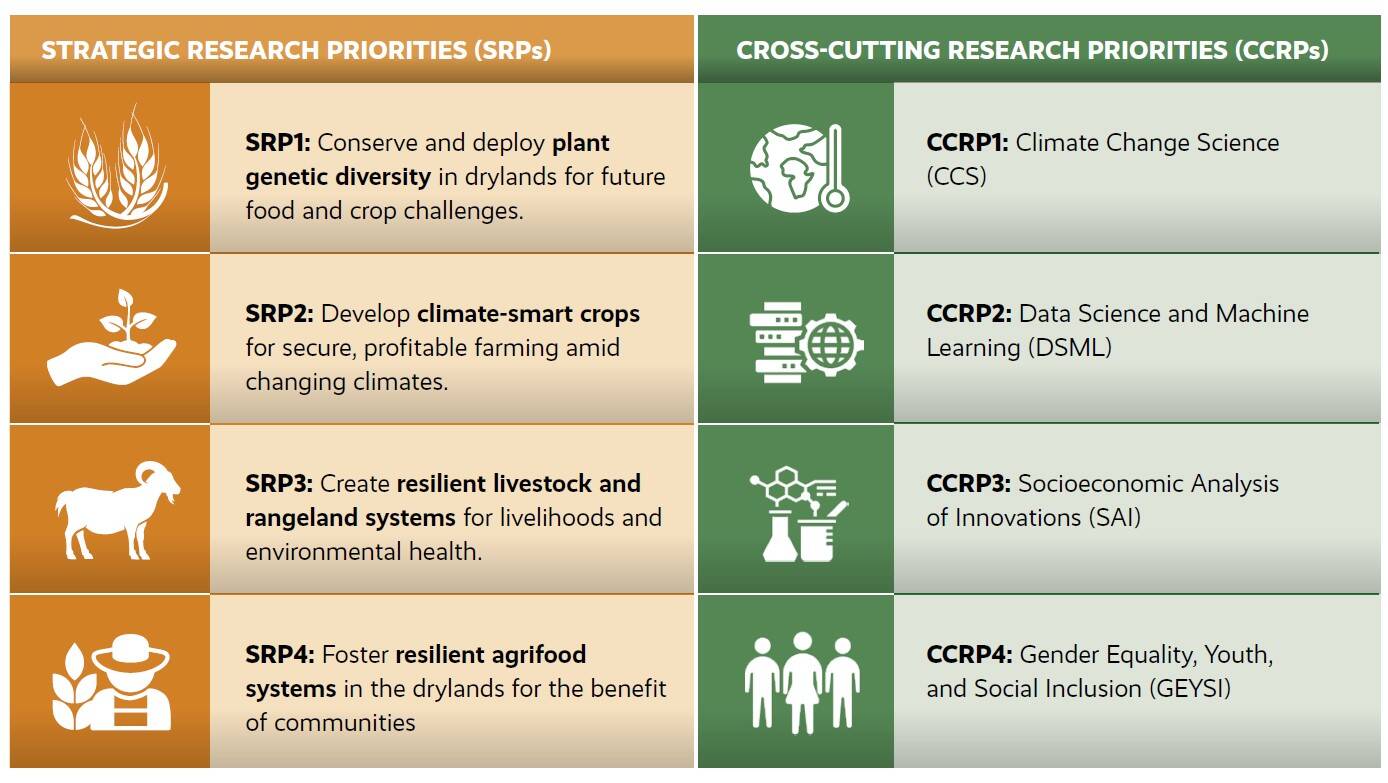
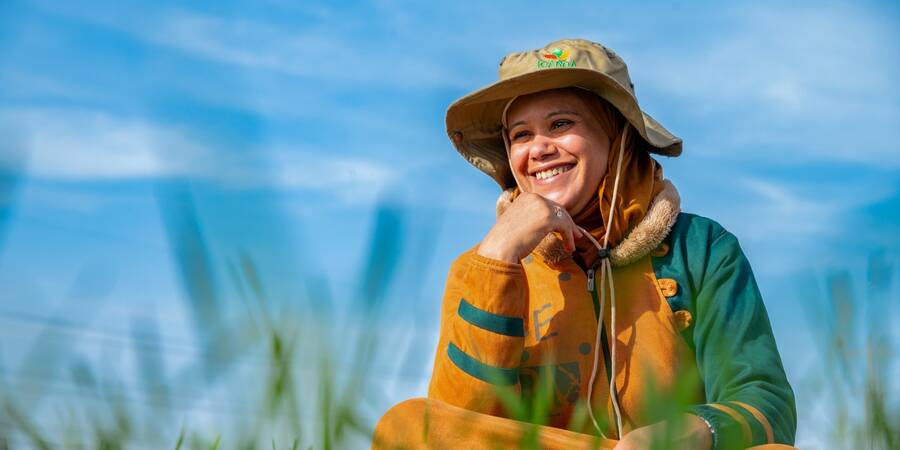

As the climate emergency intensifies, global dryland communities and agricultural economies spanning Southern Europe, North and South America, Asia, and Africa face escalating challenges. Rising temperatures, dwindling water resources, and weather shocks are increasingly prevalent, compounded by conflict and natural disasters that exacerbate economic uncertainty, migration, and supply chain disruption.
As a hot, dry, and fragile region that has faced such challenges for millennia, CWANA now serves as an increasingly valuable testing ground for the global advancement of climate-smart agriculture. ICARDA’s innovations generated in CWANA now hold significant relevance for global dry areas and offer a resilient and prosperous future for millions of dryland farmers worldwide.

ICARDA recognizes the vital role of agricultural research in non-tropical drylands and its potential to provide transformative solutions. Our revised strategic priorities address urgent issues facing dryland farmers, emphasizing system-wide approaches and integrating key areas such as climate change science, socioeconomic analysis, data science, machine learning, and social inclusion.
Committed to strategic partnerships, capacity-building, proactive policy engagement, science communication, and results-based management, we aim to implement ICARDA's 2030 Research and Innovation Strategy efficiently. Aligned with CGIAR’s strategy, we focus on demand-driven research to tackle real-world challenges, particularly for women and youth, ensuring resilient livelihoods and progress towards the Sustainable Development Goals.
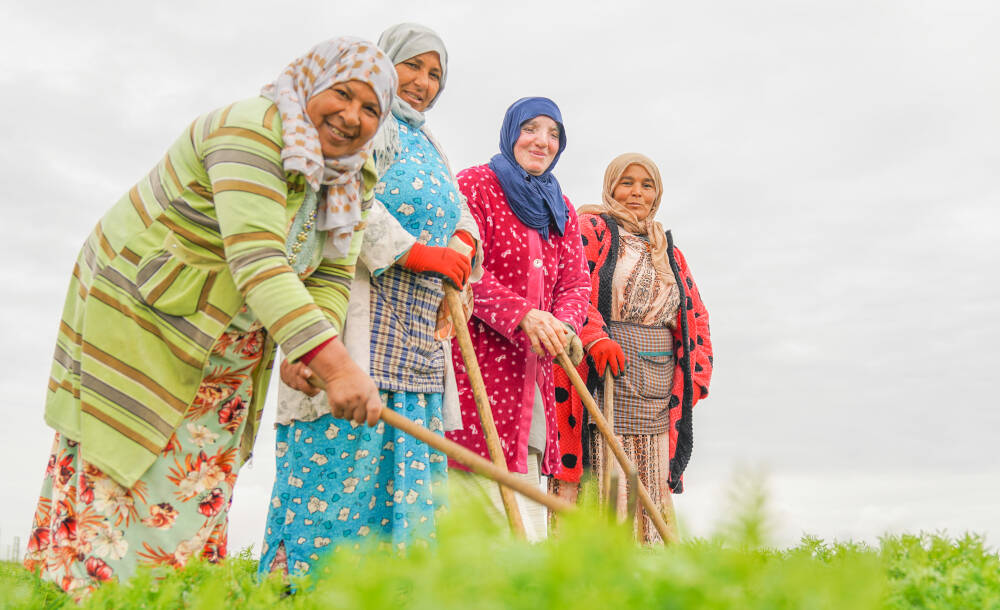
© 2026 International Center for Agricultural Research in the Dry Areas (ICARDA)